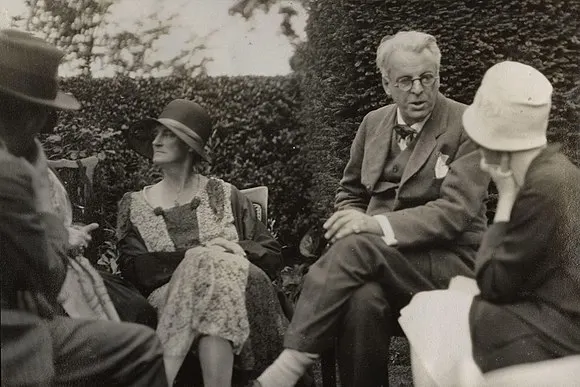This week we are going all the back to September 1913. This lovely Irish poem ranks number 17 in the top 100 Irish poems written halfway through W.B Yeat’s life. He speaks mainly about what life was like then and his detestation of the middle classes whilst also glorifying figures such as John O’Leary.
Who was John O’Leary? John O’Leary (1830-1907) was an Irish patriot who was sentenced to twenty years of penal servitude in 1865 (although he was freed four years after his conviction, on condition that he didn’t return to Ireland until the twenty years of his agreed sentence had passed, so he became an exile). Yeats knew O’Leary, who acted as a sort of mentor and father figure to Yeats.
The poem ends on a solemn note. Yeats appears to give up hope for a return to the past that brings with it any significance. Enjoy this fantastic Irish poem.

September 1913
BY WILLIAM BUTLER YEATS
What need you, being come to sense,But fumble in a greasy tillAnd add the halfpence to the penceAnd prayer to shivering prayer, untilYou have dried the marrow from the bone;For men were born to pray and save:Romantic Ireland’s dead and gone,It’s with O’Leary in the grave.Yet they were of a different kind,The names that stilled your childish play,They have gone about the world like wind,But little time had they to prayFor whom the hangman’s rope was spun,And what, God help us, could they save?Romantic Ireland’s dead and gone,It’s with O’Leary in the grave.Was it for this the wild geese spreadThe grey wing upon every tide;For this that all that blood was shed,For this Edward Fitzgerald died,And Robert Emmet and Wolfe Tone,All that delirium of the brave?Romantic Ireland’s dead and gone,It’s with O’Leary in the grave.Yet could we turn the years again,And call those exiles as they wereIn all their loneliness and pain,You’d cry, ‘Some woman’s yellow hairHas maddened every mother’s son’:They weighed so lightly what they gave.But let them be, they’re dead and gone,They’re with O’Leary in the grave.
